Global Policies

How do biosafety policies evolve in response to emerging infectious diseases and pandemics ?
Biosafety policies are evolving in response to emerging infectious diseases and pandemics. The evolution is driven by scientific advancements, global health initiatives, and lessons from past outbreaks. Key factors driving this evolution include: - Scientific advancements such as research and development and genomic sequencing. - Global health initiatives like international collaboration and surveillance systems. - Lessons learned from past outbreaks, leading to review and revision of policies and the adoption of best practices. Examples of evolved biosafety policies include: - Laboratory biosafety with clear classification systems (BSL) and standard operating procedures (SOPs). - Public health measures such as infection prevention and control (IPC) and vaccination programs. - Travel restrictions and quarantine measures like entry screening and quarantine regulations. - International regulations and agreements, including the Biological Weapons Convention (BWC) and the Global Health Security Agenda (GHSA). The continuous evolution of biosafety policies is crucial for managing risks associated with biological agents and protecting public health.
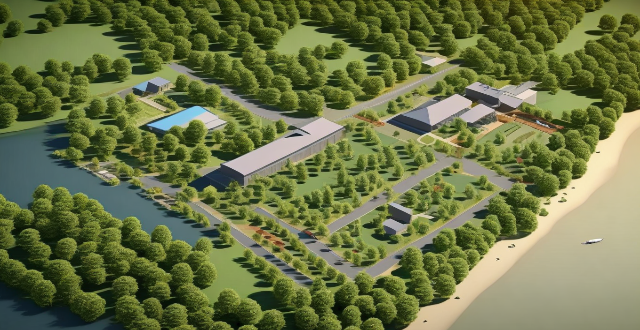
What role do international agreements play in shaping national climate and environmental policies ?
International agreements significantly influence national climate and environmental policies by providing a platform for global collaboration, setting shared objectives, establishing guidelines, promoting cooperation, and enhancing transparency and accountability. Examples include the UNFCCC, CBD, Basel Convention, Montreal Protocol, and Ramsar Convention, which have shaped policies on climate change mitigation, biodiversity conservation, waste management, ozone layer protection, and wetland preservation, respectively. These agreements are crucial for addressing global environmental challenges and driving progress towards sustainability.
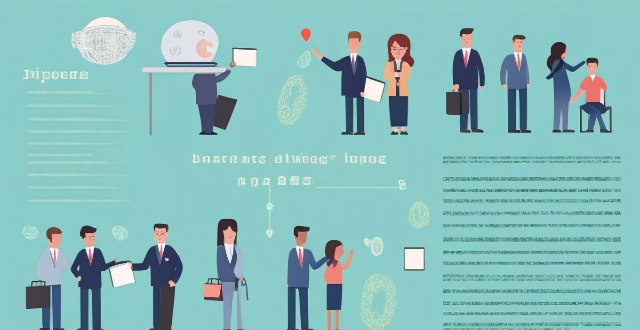
What are the current climate policies in place to address global warming ?
The text discusses various current climate policies aimed at addressing global warming, including national and international agreements and corporate actions. National policies focus on renewable energy initiatives, carbon pricing mechanisms, energy efficiency standards, and deforestation reduction. International agreements like the Paris Agreement and Kyoto Protocol set targets for greenhouse gas emissions reductions. REDD+ provides financial incentives for reducing deforestation. Corporate actions involve CSR initiatives and carbon offsetting programs to minimize environmental impact.

What impact does climate awareness have on global policies and decisions ?
Climate awareness has led to the implementation of various environmental, economic, and social policies at national and international levels. These policies aim to reduce greenhouse gas emissions, promote renewable energy sources, protect forests, and raise public awareness about climate change. Some examples include carbon taxes, renewable energy targets, forest protection laws, the Paris Agreement, the Kyoto Protocol, cap-and-trade systems, feed-in tariffs, tax credits for renewable energy projects, building codes, appliance standards, school curricula on climate change, and community workshops.

What is the outlook for the European Union's economic recovery ?
The economic recovery of the European Union (EU) depends on political stability, global economic conditions, and domestic policies. Unity among member states and effective governance are crucial for managing crises and implementing growth-promoting policies. Global trade dynamics and supply chain disruptions also play a significant role. Domestically, fiscal stimulus, structural reforms, and a balanced green transition are key. The outlook is optimistic but uncertain, with many influencing factors.

What are the latest trends in the global economy ?
The global economy is influenced by various interconnected factors including digital transformation, sustainability, global trade dynamics, monetary policies, and the rising influence of emerging markets. These trends are reshaping industries, fostering innovation, and influencing economic growth and policies worldwide.

How do climate change negotiations influence national environmental policies ?
The influence of climate change negotiations on national environmental policies is significant, as they set international targets and promote technology transfer, financial support mechanisms, adaptation measures, stronger legal frameworks, and public awareness. These discussions help countries develop comprehensive policies that integrate climate considerations across various sectors, ensuring policy coherence and effective action towards global climate goals.

Can climate variability be mitigated through international agreements and policies ?
The text discusses the potential of international agreements and policies to mitigate climate variability, highlighting their roles in setting goals, promoting cooperation, creating legal obligations, and raising awareness. It also explores the impact of various policies on emission reduction, adaptation, research and development, and education. However, it acknowledges challenges such as political will, economic considerations, equity and justice, and compliance and enforcement. The text concludes that while these measures are crucial, they must be part of a comprehensive strategy that includes local efforts, technological advancements, and individual actions.

In what ways do inclusive policies contribute to economic growth and development ?
Inclusive policies are crucial for economic growth as they ensure benefits reach all societal segments. Key contributions include increased access to education, improved health outcomes, enhanced labor market participation, promotion of social cohesion, stimulation of domestic consumption, and attraction of foreign investment. These policies create a virtuous cycle benefiting both the economy and society's well-being.

What role do international organizations play in promoting environmental subsidy policies ?
International organizations play a crucial role in promoting environmental subsidy policies by providing information, facilitating cooperation, offering financial support, setting standards, and engaging in advocacy efforts.

What role do governments play in implementing climate policies ?
Governments play a pivotal role in implementing climate policies by setting regulations, offering financial incentives, raising public awareness, cooperating internationally, and planning infrastructure to combat climate change.

What policies and international agreements aim to protect biodiversity ?
The text provides an overview of various policies and international agreements that aim to protect biodiversity, including the Convention on Biological Diversity (CBD), the United Nations Framework Convention on Climate Change (UNFCCC), the Ramsar Convention, the International Union for Conservation of Nature (IUCN), the World Wildlife Fund (WWF), the Nagoya Protocol, the Global Environment Facility (GEF), national policies and legislation, and the Great Ape Project. These initiatives are crucial for maintaining ecosystem health and human well-being, but face challenges in implementation and enforcement.

Can environmental subsidy policies help reduce carbon emissions ?
Environmental subsidy policies can help reduce carbon emissions by promoting renewable energy, enhancing energy efficiency, supporting waste reduction initiatives, and funding research and development of carbon capture and storage technologies. However, these policies must be carefully designed and adequately funded to avoid market distortions and ensure long-term sustainability without creating dependence on government support.

How do immigration policies influence international relations ?
Immigration policies have a significant impact on international relations, affecting economic partnerships, diplomatic ties, and cultural exchange. These policies can attract highly skilled workers, boost innovation, and enhance trade relationships, but they can also lead to job market issues and social tensions. Cultural diversification from immigration can improve mutual understanding and respect between nations, while restrictive policies can hinder the movement of diplomatic personnel. A country's approach to refugees and asylum seekers can influence its global standing, and the handling of refugee crises can lead to political tensions. Economic migration can cause a brain drain or be viewed as a form of development assistance. Immigration policies are a critical area of focus for international relations due to their far-reaching implications.

How do inclusive policies benefit society as a whole ?
Inclusive policies are designed to promote equality, fairness, and social cohesion by eliminating barriers and discrimination. These policies benefit society as a whole by ensuring equal access to resources, services, and opportunities for all individuals regardless of their background, abilities, or circumstances. In addition to promoting equality and fairness, inclusive policies also enhance social cohesion by fostering a sense of belonging and mutual respect among different groups within society. This leads to reduced discrimination, increased tolerance, and strengthened community bonds. Inclusive policies also have positive economic outcomes by expanding the talent pool, reducing poverty, and stimulating consumer spending. Furthermore, these policies foster innovation and creativity by providing diverse perspectives, encouraging risk-taking, and promoting collaboration. Finally, inclusive policies can enhance a country's global competitiveness by attracting talent, improving international relations, and driving economic growth.

What are the benefits of implementing circular economy policies ?
Implementing circular economy policies brings environmental, economic, and social benefits. Environmentally, it reduces resource consumption, lowers greenhouse gas emissions, and improves waste management. Economically, it creates jobs, saves costs, and drives innovation. Socially, it ensures resource security, improves public health, and empowers consumers. Overall, adopting these policies shifts towards a sustainable system that prioritizes long-term planetary health.

What are some common challenges faced during the implementation of climate policies, and how can they be addressed ?
Implementing climate policies faces challenges in political will, economic concerns, social acceptance, and technical limitations. Addressing these requires stakeholder engagement, policy coherence, innovation, and international cooperation.

How effective are current climate and environmental policies in reducing carbon emissions ?
The effectiveness of current climate and environmental policies in reducing carbon emissions varies, with global initiatives like the Kyoto Protocol and Paris Agreement showing mixed results. National policies such as renewable energy targets, carbon pricing mechanisms, and energy efficiency standards have contributed to emission reductions but face political and economic challenges. Technological advances have lowered the cost of clean energy solutions. However, significant reductions require stronger governmental commitment, financial investments in green technology, and increased public engagement.

What are the potential risks involved in global shopping ?
Global shopping has become increasingly popular in recent years, but it comes with potential risks such as customs duties and taxes, longer shipping times and higher costs, quality assurance and product safety concerns, language barriers and customer service challenges, and currency exchange rate fluctuations. To mitigate these risks, consumers should research customs policies, choose reputable sellers, read product reviews, check return policies, consider insurance options, plan ahead for shipping times, monitor exchange rates, and use secure payment methods. By following these tips, consumers can enjoy a safe and satisfying global shopping experience.

How has the COVID-19 pandemic impacted global health security ?
The COVID-19 pandemic has significantly impacted global health security by overwhelming healthcare systems, necessitating public health policies such as lockdowns and quarantine measures, and highlighting the importance of international cooperation. The strain on healthcare systems included increased patient loads, shortages of medical supplies, and stress on the healthcare workforce. Public health responses involved vaccination programs, testing and tracing initiatives, and economic challenges due to lockdowns. International cooperation was essential for coordinating a global response, sharing information, and addressing misinformation. The pandemic also highlighted the need for resilient global health systems, sustained investment in public health infrastructure, collaborative research, and technological advancements. Overall, the COVID-19 crisis has prompted efforts to build stronger and more cooperative global health systems prepared for future emergencies.
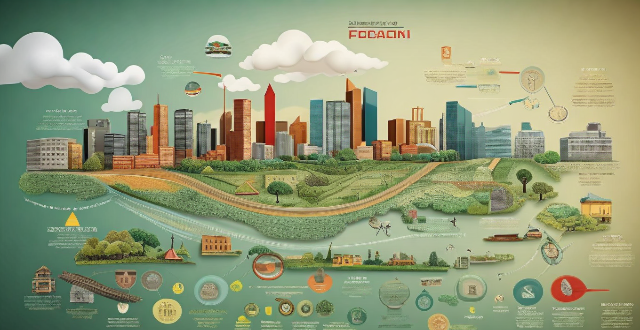
How do global economic trends affect personal wealth growth strategies ?
Global economic trends significantly influence personal wealth growth strategies by affecting factors such as interest rates, inflation, economic growth, global trade, and political stability. Understanding these trends helps individuals make informed decisions about investments and financial planning.
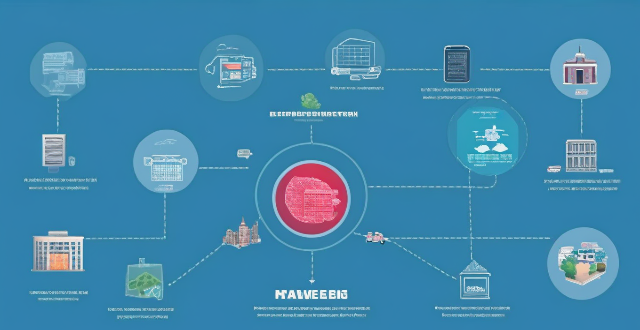
How can circular economy policies help achieve the United Nations Sustainable Development Goals ?
Circular economy policies align with the United Nations Sustainable Development Goals by reducing resource depletion, minimizing waste and pollution, promoting energy efficiency, creating jobs, enhancing resource efficiency and sustainable infrastructure, fostering global partnerships, supporting sustainable communities, encouraging innovation and education, and contributing to climate action. These policies offer a comprehensive approach to achieving sustainability by promoting a system that is restorative and regenerative by design, providing economic and social benefits and being a critical component of global sustainable development efforts.

What are the main objectives of energy conservation and emission reduction policies ?
Energy conservation and emission reduction policies aim to achieve several key objectives that are crucial for the sustainable development of our planet. These objectives can be broadly categorized into environmental, economic, and social dimensions. The main goals include reducing greenhouse gas emissions, protecting ecosystems and biodiversity, improving air quality, enhancing energy efficiency, stimulating innovation and job creation, reducing dependence on fossil fuels, promoting equitable access to energy, and raising awareness and education. By addressing these objectives, these policies play a crucial role in steering our societies towards a more sustainable future.
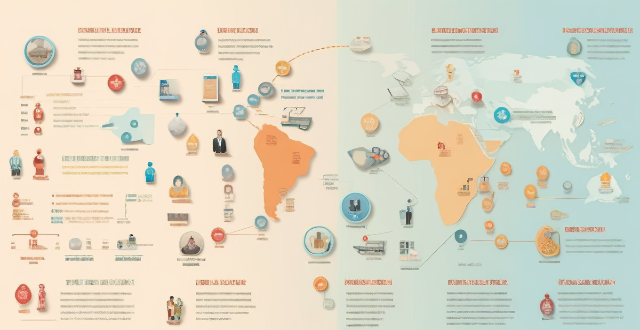
What challenges do countries face when working together on a global scale ?
Global collaboration faces political, economic, cultural, and logistical challenges. Politically, differing national interests, sovereignty concerns, and leadership dynamics can impede progress. Economically, fair resource allocation, trade agreements, and sanctions are contentious issues. Culturally, language barriers, diverse values, and educational gaps pose challenges. Logistically, coordination across time zones, travel restrictions, and technology disparities complicate matters. Addressing these challenges with open dialogue and cooperation is key to achieving shared global goals.
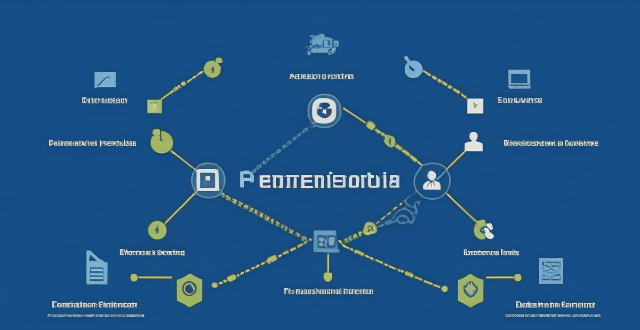
How do geopolitical factors influence the sustainability efforts of global supply chains ?
Geopolitical factors significantly influence sustainability efforts in global supply chains by affecting trade policies, political stability, resource control, infrastructure development, and cultural attitudes towards sustainability. These elements determine the costs, efficiency, and environmental impact of global production networks. Understanding these dynamics is vital for businesses aiming to build resilient and sustainable supply chain operations.

What is the Paris Agreement and how does it impact climate policies worldwide ?
The Paris Agreement is a global climate change agreement adopted by 196 parties at the United Nations Framework Convention on Climate Change (UNFCCC) Conference of the Parties (COP) in Paris on December 12, 2015. The main goal of the Paris Agreement is to limit global warming to well below 2 degrees Celsius above pre-industrial levels and pursue efforts to limit the temperature increase to 1.5 degrees Celsius. The Paris Agreement impacts climate policies worldwide by promoting global cooperation among nations to address climate change, requiring each country to submit a nationally determined contribution (NDC) outlining its own targets for reducing greenhouse gas emissions and adapting to the impacts of climate change, including a robust transparency framework to ensure that countries are meeting their commitments, committing developed countries to providing financial and technical support to developing countries, establishing a mechanism to address loss and damage associated with the adverse effects of climate change, and encouraging implementation and compliance through peer review and multilateral assessments.
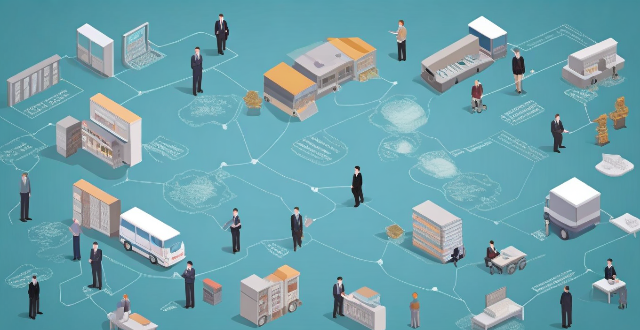
What challenges do countries face when creating and enforcing climate policies ?
The challenges in creating and enforcing climate policies are multifaceted, involving political, economic, technological, social, legal, international, adaptation, and information-related dimensions. Balancing environmental priorities with other policy areas, navigating economic implications like job displacement and transition costs, developing the necessary technology and infrastructure, gaining public acceptance, establishing effective legal frameworks, fostering international cooperation, planning for resilience and adaptation, and ensuring access to reliable data are all critical considerations. These factors often intersect and compound the complexity of crafting and implementing effective climate policies.

How effective have recent climate policies been in reducing carbon emissions ?
Recent climate policies, including renewable energy promotion, carbonRecent climate policies, including renewable energy promotion, carbon standards, deforestation controls Further efforts are necessary to meet emission reduction targets and mitigate the effects of climate change.
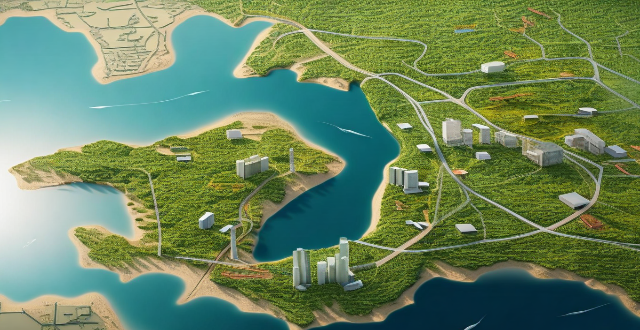
What policies and regulations are currently in place to encourage more sustainable supply chain practices ?
Policies and Regulations Encouraging Sustainable Supply Chain Practices discusses various government initiatives, industry standards, and international agreements that promote sustainable supply chain practices. Government policies such as green procurement, carbon pricing, and eco-labels incentivize businesses to adopt environmentally friendly operations. Industry standards like CSR and LCA help companies understand and reduce their ecological footprint. International treaties like the Paris Agreement and Basel Convention provide a global framework for sustainable practices. Together, these measures form a comprehensive system to support sustainable supply chains worldwide.

In what ways can developing countries participate effectively in global climate governance ?
**How Developing Countries Can Effectively Participate in Global Climate Governance** Developing countries are pivotal in global climate governance due to their disproportionate impact from climate change. Their effective participation can be achieved through several strategies: 1. **Capacity Building**: This involves enhancing educational programs to raise climate awareness and training local experts. It also includes investing in sustainable infrastructure and establishing research institutions. 2. **Policy Integration**: Countries should enact climate-related legislation, set emission reduction targets, and ensure policy alignment across different sectors while engaging stakeholders. 3. **Finance and Investment**: Access international and domestic funds for climate action, and make smart investments in renewable energy and sustainable agriculture. 4. **Technology Transfer and Innovation**: Developing countries should form technology partnerships, create exchange platforms, and encourage local innovation through R&D and incentives. 5. **Participation in International Negotiations**: They should prepare well for negotiations, build coalitions, advocate for their interests, and use forums for dialogue at international conferences. Through these strategies, developing countries can not only protect themselves but also significantly contribute to the global fight against climate change.